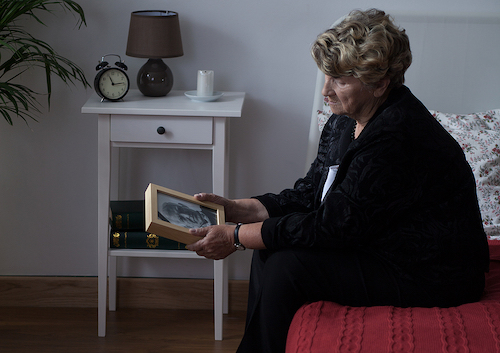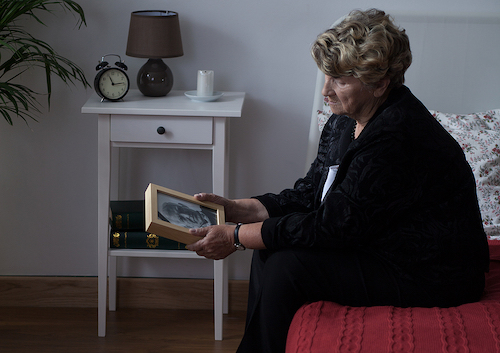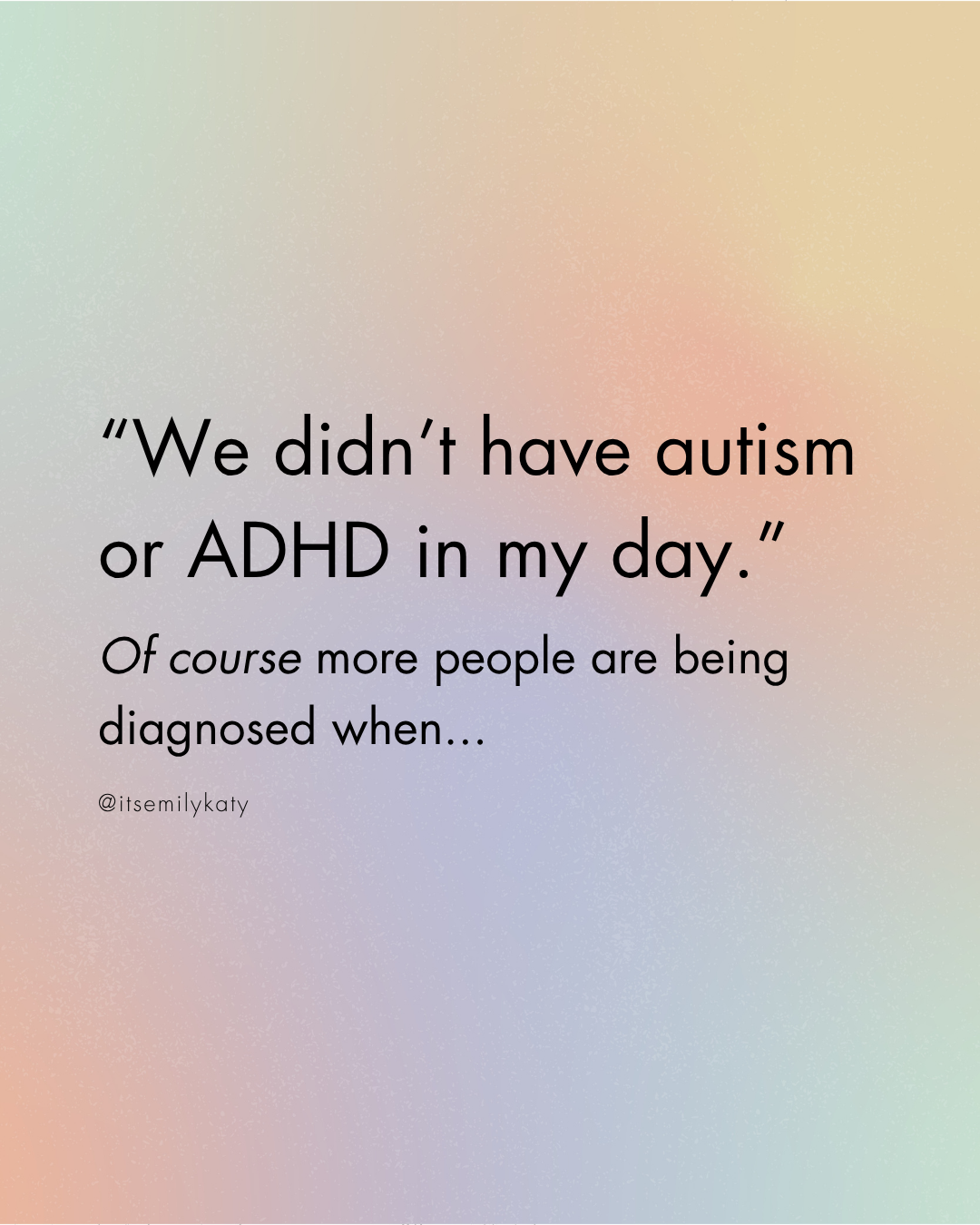 Widowhood can be one of the most upsetting experiences a person can go through.
Widowhood can be one of the most upsetting experiences a person can go through.
Now researchers have confirmed that no matter how resilient a person was before widowhood, depressive symptoms can still develop in the immediate aftermath of losing a spouse.
“We found that for men and women, spousal loss is associated with increase depressive symptoms regardless of their level of resilience prior to the loss. This is not surprising and in fact, it’s normal. We are sad when we lose someone we love, and feeling those feelings is an important part of the process. However, we did find that in the two years or so after experiencing a spousal loss, some folks fully recovered to their pre-widowhood levels of depressive symptoms, and some did not,” Dr Dawn Carr, co-primary investigator of the research and Director of FSU’s Claude Pepper Center told Theravive.
“For women, only those women with the highest level of resilience fully recovered. For men, all men nearly fully recovered, and it did not seem to matter how resilient they were prior to spousal loss. Also, for both men and women who were continuously married, those with higher levels of resilience not only did not experience any increases in depressive symptoms, they experienced improvements in depressive symptoms (i.e., reductions) over time!”
The level of psychological resilience didn’t predict the initial increase in symptoms of depression following the loss of a spouse, but is was influential in recovering from the loss.
Women who had lower levels of psychological resilience didn’t fully recover from the loss and became more depressed than they were before losing their spouse.
Carr says this highlights the importance of building psychological resilience before people reach the later stages of life.
“Generally speaking, someone who is psychologically resilient (based on our definition) tends to be able to appraise difficult situations from a place of knowing they having the things they need and the ability to use the things they have,” Carr said.
“Psychological resilience is an important and protective factor for mental health. Although people can absolutely develop more psychological resilience in later life, I think the most relevant issue to health policy based on our study is considering the factors that lead people to develop resilience before they get to later life.”
The ability to “bounce back”, Carr argues, is crucial to maintaining wellbeing throughout the lifespan.
“It’s very possible that if we identify ways to ensure people cultivate high levels of resilience in early life and through adulthood, when people reach later life and are more likely to experience significant setbacks, they may be more capable of bouncing back. This is key to maintaining high levels of health and wellbeing over time. Healthy aging is not an accident that happens to some people versus others. We have a very good sense of what things improve our likelihood of maintaining high levels of health over time and our work shows fairly definitively that psychological resilience is protective of health generally and specifically in recovery from the many bumps and bruises that come with aging,” she said.
Carr’s team hopes to further their research by examining how psychological resilience could influence health outcomes in later life. They also hope to explore potential strategies that will support independence as people age.
“Our team is interested in exploring ways to see how psychological resilience influences health behaviors in later life. We hypothesize that people with lower levels of psychological resilience may be at higher risk of not being able to adhere to lifestyle and medical interventions that protect health as we age. We are interested in exploring how we may be able to improve outcomes for those with lower levels of resilience.”










